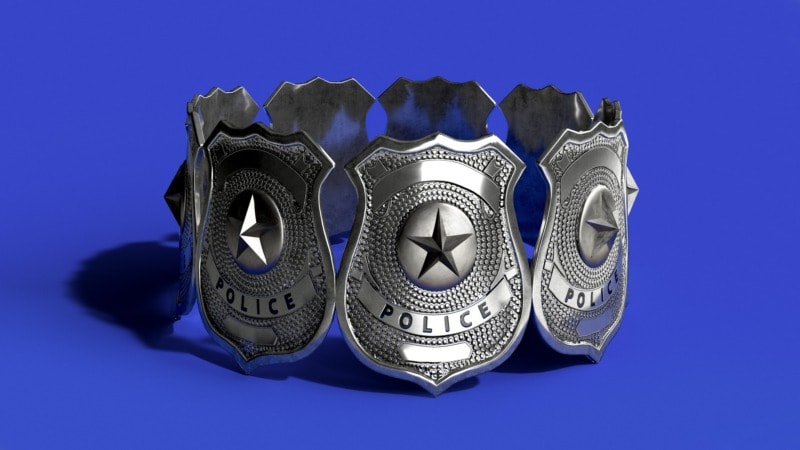
In may 2020, Darnella Frazier, a 17-year-old with a smartphone camera, documented the killing of George Floyd by a Minneapolis police officer. Most Americans who watched the video of Floyd begging for his life, as Officer Derek Chauvin kneeled on his neck, saw a human being. Robert Kroll did not. The head of the Police Officers Federation of Minneapolis saw a “violent criminal” and viewed the protests that followed as a “terrorist movement.” In a letter to union members, he complained that Chauvin and the three other officers involved in Floyd’s death had been “terminated without due process.”
Kroll’s response was typical. In the apocalyptic rhetoric of police-union leaders, every victim of police misconduct is a criminal who had it coming, and anyone who objects to such misconduct is probably also a criminal, and, by implication, a legitimate target of state violence. Due process is a privilege reserved for the righteous—that is, police officers who might lose their jobs, not the citizens who might lose their lives in a chance encounter with law enforcement.
In the […]











It’s not just the police unions…it’s the police gangs.
Activists in Los Angeles this week were dropping banners on freeway overpasses with the simple message – GOOGLE LASD GANGS –
Go ahead try it.
You will probably get an article from the LA Times about “The Compton Executioners” or a new study driven by FOIA data exploring the 18 police gangs in the Los Angeles Sheriffs Department. HERE>> https://knock-la.com/tradition-of-violence-lasd-gang-history/
I went to NYC one time. When I was there, waiting for a bus, on the block I was on, one end had a group of unfriendly Police officers who scared me, on the other end there was a gang of Black Men who were very friendly to me and I was less scared of the Black Men than the gang of Police, who looked like they were ready to kill someone.